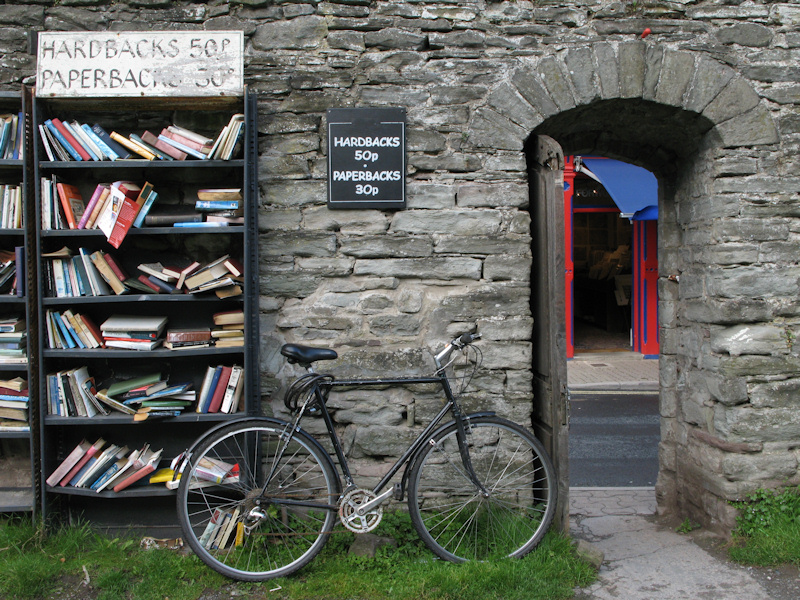From the embedded link: The Real Reason Cities Lean Democratic
Some of the anger from cities this election season rightly pointed out that Republican Party leaders go out of their way to mock them. They denigrate urban ideas and populations because this has repeatedly proven an effective way to gin up enthusiasm among their base (case in point: watch this great Jon Stewart takedown of Fox News on Election Day, when the network breathlessly reported the same story 21 times of a lone black man patrolling a polling place in Philadelphia!). Republicans famously went so far as to come out against cities in their party platform. And they conveniently abandoned their sacred values of personal freedom and local rule when patronizing the people of the District of Columbia (who went on, not surprisingly, to give 91 percent of their vote to the president).
If Republicans are ever going to earn real votes in cities in the future, though, they’ll have to do more than just talk about them differently. The real problem seeps much deeper. As the Republican Party has moved further to the right, it has increasingly become the party of fierce individualism, of “I built that” and you take care of yourself. Cities, on the other hand, are fundamentally about the shared commons. If you live in a city and you think government – and other people – should stay out of your life, how will you get to work in the morning? Who will police your neighborhood? Where will you find a public park when your building has no back yard?
The real urban challenge for conservatives going forward will be to pull back from an ideology that leaves little room for the concept of “public good,” and that treats all public spending as if it were equally wasteful. Cities do demand, by definition, a greater role for government than a small rural town on the prairie. But the return on investment can also be much higher (in jobs created through transportation spending, in the number of citizens touched by public expenditures, in patents per capita, in the sheer share of economic growth driven by our metropolises).

Why Our Creativity Depends On Who Surrounds Us | The Creativity Post
The back cover of Enrico Moretti’s book The New Geography of Jobs reads: “In today’s economy, it’s not necessarily what you do or who you know—it’s where you live.” I would add, of course, that most important is who you are.
The message of his very well written and prize winning book is important. And Enrico is right that we should pay attention to the geography of where smart people are choosing to work, play, and live their lives. Ultimately, it has consequences for all of us.
A qualified “Yes,” but… it doesn’t have to be this way. Essential Moretti (and Wai for that matter) is instantiation of the Knowledge Economy (aka the Innovation Economy) and its inevitability. We’re heading into the first 15 years of the 21st century with Moretti forwarding the same arguments at the end of the 20th that were supposed to apply to the “global economy” by now. As noxious is Moretti’s insistence that educational narrowing with primary emphasis on STEM will lead to the kind of genuine human creativity necessary for happiness, civics, and employment success.


Recent Comments